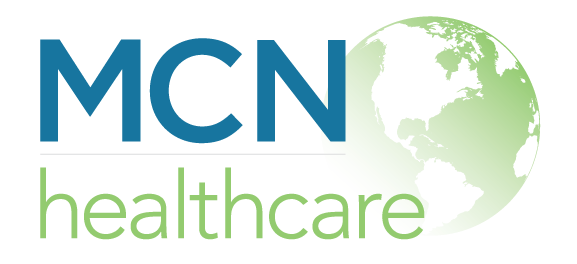
January is Human Trafficking Prevention Month
Human trafficking is the fastest-growing criminal industry in the world and is the second-largest source of income for organized crime. Human trafficking has been reported in every single state in the United States.
In 2021, 10,359 situations of human trafficking were reported to the U.S. National Human Trafficking Hotline involving 16,554 individual victims. Human trafficking is notoriously underreported. Shocking as these numbers are, they are likely only a fraction of the actual problem.
According to the Global Report on Trafficking in Persons by the United Nations Office on Drugs and Crime, the most common form of human trafficking (79%) is sexual exploitation. The victims of sexual exploitation are predominantly women and girls. Surprisingly, in 30% of the countries that provided information on the gender of traffickers, women make up the largest proportion of traffickers. In some parts of the world, women trafficking women is the norm.
The second most common form of human trafficking is forced labor (18%). Worldwide, almost 20% of all trafficking victims are children. However, in some parts of Africa, children are the majority (up to 100% in parts of West Africa).
The report goes on to state that although trafficking seems to imply people moving across continents, most exploitation takes place close to home. Data shows that intra-regional and domestic trafficking are the major forms of trafficking in persons.
As a healthcare professional, you will likely encounter a human trafficking victim in your organization. Understanding how to identify victims and how to access help and resources is important for all healthcare professionals. Here are some signs your patient could be a victim:
- Clinical presentation and oral history don’t match up.
- Oral history is scripted, memorized, or mechanical.
- Someone with the patient exerts an unusual amount of control over the visit.
- Patient appears fearful, anxious, depressed, submissive, hyper-vigilant, or paranoid.
- Patient is concerned about being arrested or jailed.
- Patient is concerned for his/her family’s safety.
- Evidence that care has been lacking for prior or existing conditions.
- Tattoos or symbols indicative of ownership.
- Occupational-type injuries or physical ailments linked to their work.
- Sexually transmitted infections.
Explore MCN’s Learning Management System and course content. Our General Education Library includes a Human Trafficking module to help your staff identify patients who are being trafficked. Schedule a demo to learn more about our web-based learning management system.
Additional Information:
One of MCN Foundation’s projects is STOP. STOP is a non-profit located in Delhi, India that focuses on the eradication of trafficking and oppression against women and children. STOP conducts rescue operations for the victims followed by providing safe accommodations, trauma counseling services, medical assistance, and legal aid for the victims. STOP takes it a step further with self-help groups to empower and assist the survivors in gaining access to employment opportunities. Their goal is to advocate for a safe environment and educate for a self-reliant society; make women more vigilant and to break the supply channel of human trafficking at the grassroots level of vulnerable migrant majority areas. MCN Foundation has teamed up with STOP to help with their cause and to advocate and act to eradicate human trafficking. Please go to www.mcnfoundation.org for more information


